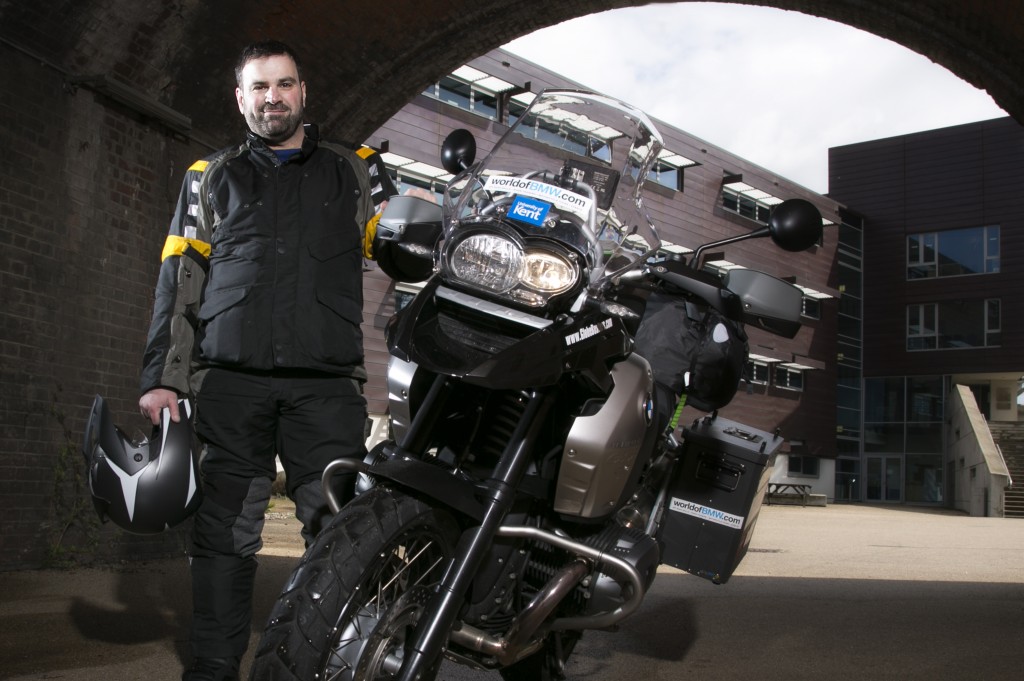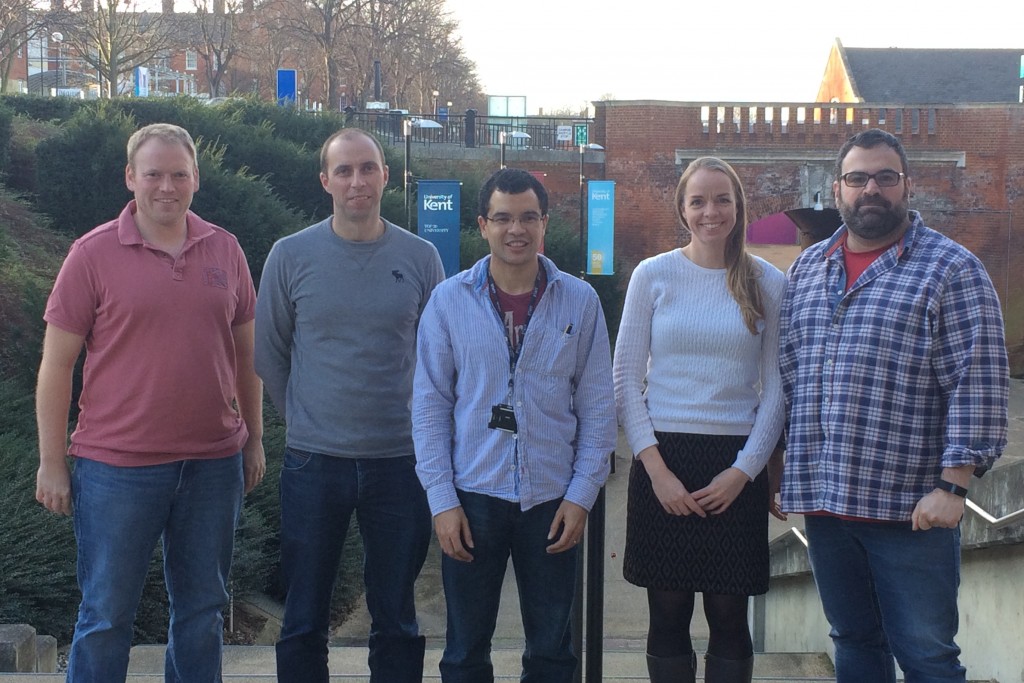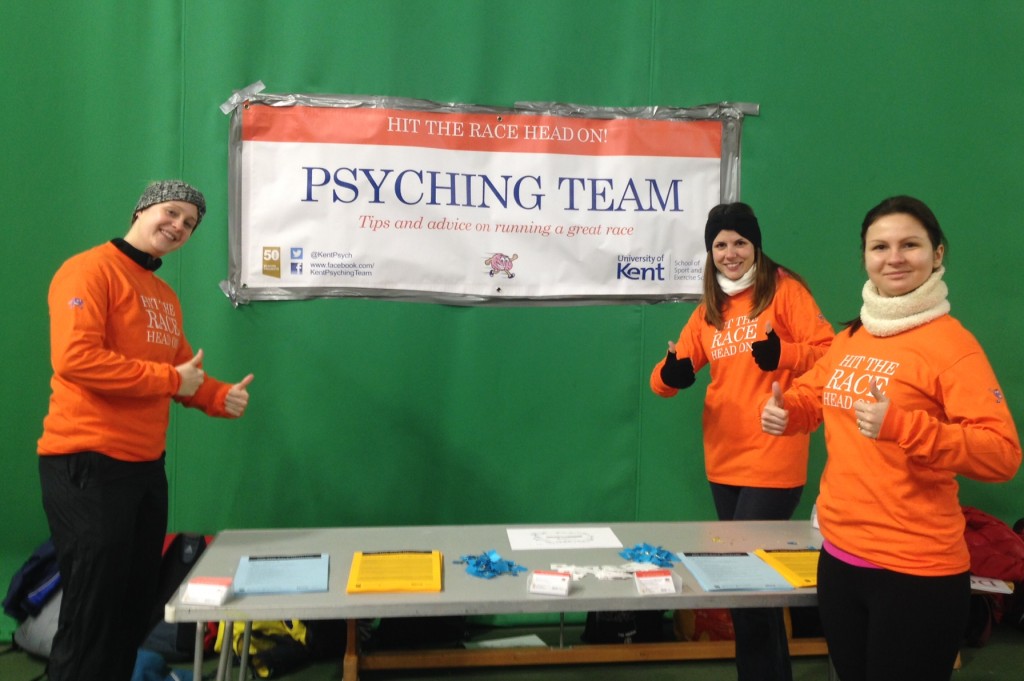
Running a marathon or cycling hundreds of miles are a real test of endurance. But research at Kent could help many more people compete in such events.
The University’s Endurance Research Group believes that a better understanding of endurance – the ability to do something difficult for a long time – could have far-reaching benefits for society’s wellbeing.
The potential impact of the Group’s research has been recognised by its selection as one of 12 University of Kent Beacon Projects. Launched during our 50th anniversary year, the Projects are being given financial support to celebrate the University’s success to date and create a legacy for future endeavours.

Professor Sam Marcora before his London-Beijing expedition to investigate fatigue in motorbike riders
Showcasing their work
The Beacon for Endurance Research is headed up by Professor Samuele Marcora, Director of Research within the School of Sport & Exercise Sciences. He says that endurance is a key skill among elite sportspeople in, for example, road cycling and marathon running, as well as professions such as soldiers and air pilots.
With Beacon support, Sam and his colleagues, based at the Medway campus, are building on their cutting-edge research in this area. Recent studies have focused on topics ranging from ‘doping for lazy people’, which resulted in world-wide media coverage, to how mental fatigue affects performance in the military services.
Sam Marcora: ‘Our team has already developed quite a reputation in this area, but we want to showcase our work so that the University of Kent is associated with endurance research all over the world.’

Endurance Research Group members (from left): John Dickinson, James Hopker, Glen Davison, Carla Meijen and Sam Marcora.
New initiatives
Beacon Project funding has meant that Sam Marcora and his team, including Dr Glen Davison, Dr James Hopker, Dr John Dickinson and Dr Carla Meijen, have been able to launch a number of new initiatives under the auspices of endurance research.
These include:
- An Innovation and Enterprise Day – held in April 2015 to introduce the team’s research to local and international businesses
- Schools’ competition – during autumn term 2015 to involve local school-children in a research project on fatigue in sport
- Collaborative research – five bursaries awarded to support student exchange and collaborative research between Kent, Essex and universities in Rome, Granada, Dijon and Brussels.
- Psyching Teams – a team of psychologists and sports science students has provided simple, but effective, psychological skills to local marathon and mini-marathon runners.
- The University’s first Endurance Research Conference – the three-day conference in September 2015 attracted high-level speakers from sports science and over 150 delegates to focus on all aspects of endurance research.
Looking forward
Sam Marcora: ‘For me, the great thing about all of these initiatives is that none of them are a ‘one-of’ – all of them create a legacy for future activity in some way.
‘For example, we will continue running the schools competition as it’s a great way to introduce children to science through their love of sport. Our collaboration with universities across Europe is also working well, while our Psyching Teams are hoping to get involved in long-distance running events across the country. And our biggest event, the Endurance Research Conference, has been so successful that we are already planning to hold it bi-annually.
‘All of these initiatives, culminating in the conference, have really helped to shine a spotlight on the School, the University and the Medway campus as a beacon for endurance research all over the world.’
